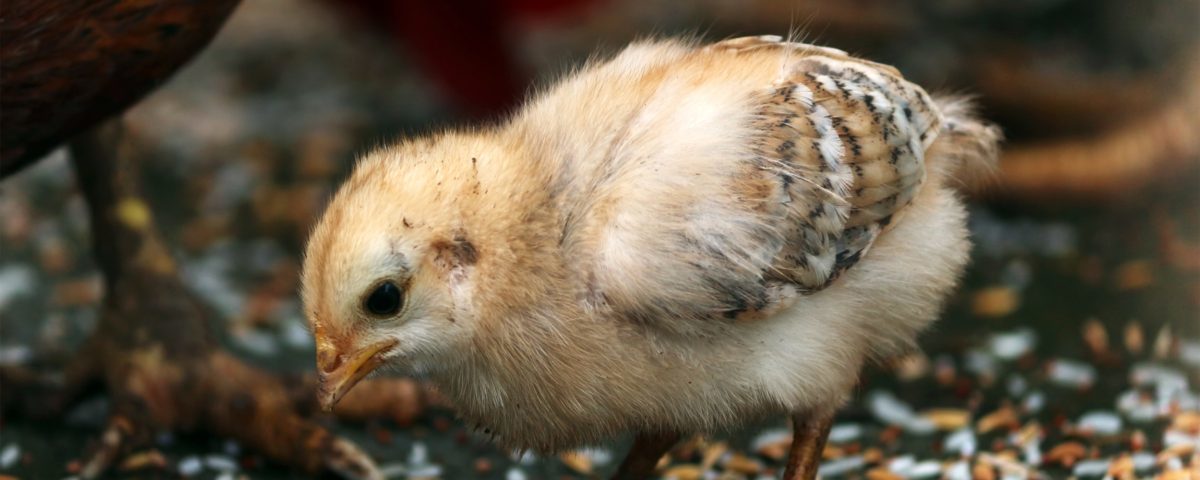
Do you remember the first time you fell and skinned your knee? There’s moment when all time slows down and you’re not sure if you’re supposed to laugh or cry. Do you recall the reaction of the people around you? That moment can impact a child’s mindset forever.
I remember the first time my baby fell and scraped her knee. Having a child is like reaching into your chest, ripping out your heart and watching it walk around the room. From that perspective, the very heart of nurturing might suggest that if she were to fall we need to rush in and pick her up and protect her from all harm. But my husband and I knew that if we were training up our kids to leave the nest, we had to start early building resilience in them.
So the first time she fell and scraped her knee, and looked up at me with that shock in her eyes that wasn’t sure whether to laugh or cry, I smiled and said like an umpire, “Safe! Let me see the badge of courage there.” She showed me her boo boo and I put a Band-Aid on it (probably Clifford the Big Red Dog). And life went on. This analogy works in the workplace just as well.
Now, I’m not recommending you keep Clifford Band-Aids in your desk, but I would like to advocate that our innate desire to nurture does not have to be turned off when we walk into the workplace. When we’re having difficult conversation with people at work, that nurturing heart kicks in. It’s tempting to want to protect but sometimes we need to challenge comfort zones. In every situation, we can convey
This is a safe place to talk.
I have your best interest in mind.
Let’s co-create a solution that’s best for everyone.
It starts with coming to work with a full cup. We have to be fully present to pay attention to when we need to pull out that superpower to nurture — when we need to console and when we need to challenge. It requires a mindset from a full cup looking for the half full answer. To use another kid analogy, let’s talk about the dishwasher.
Fast forward nearly 20 years and I have two teenagers in addition to the now-grown aforementioned toddler. When I walk in the house barking out orders, things do not go well for me. I get lots of eye rolling and a certain dose of disrespect. I remember the days when I was a teenager, I’d be standing over the dishwasher with my hand outstretched to tackle the chore when my mom yelled, “Empty the dishwasher.” Just because she felt she had to badger me to do it, I’d walk away and not do it. So I decided I’d nurture differently. When I walk in from work, hug first and ask questions later, I end up being surprised by the lovely sounds of the dishwasher being unloaded when I didn’t even ask for it. Transfer to the workplace.
We are designed to move rhythmically in a working environment to create a whole that’s much bigger and more beautiful than the sum of its parts. When we are honest, we will admit we’re not where we need to be, but we’re better than we used to be. We’re growing every day. If we operate from a mindset that acknowledges the superpowers around us, that system operates naturally. Our teams will naturally unpack the proverbial dishwasher, finish the project on time, conduct meetings according to team agreements, et al. When we feel the need to control and exercise dominion over others, we naturally repel them like my mom did in the dishwasher incident.
It’s a good reminder that development happens inside and out. We cannot nurture without recognizing that there’s a battle of ego taking place inside our minds and to nurture our colleagues into maturity we have to acknowledge that battle without shaming it, but pressing toward that goal. That isn’t always a comfortable conversation. Next week we’ll talk about the part of nurturing that is hard, but necessary to push others to test the limits of their gifts.
Originally published at 360lifestrategies.com


